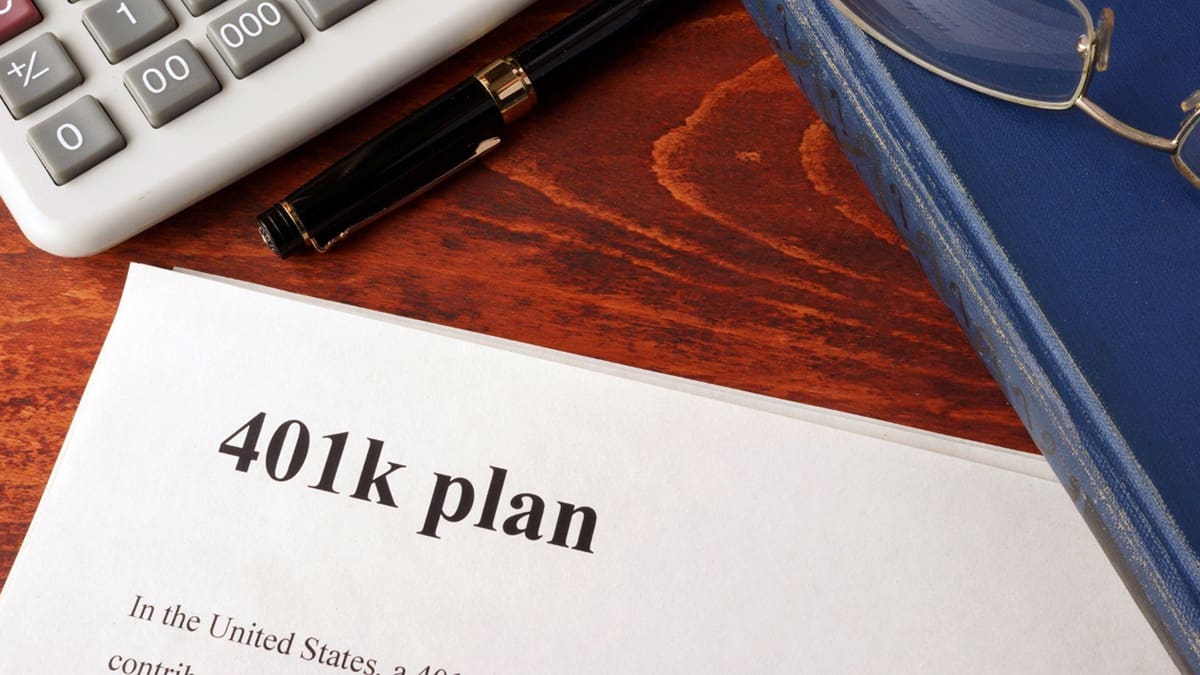401K Withdrawal for Home Purchase – Can You Use it?
Important Note: When you buy through our links, we may earn a commission. As an Amazon Associate we earn from qualifying purchases. Content, pricing, offers and availability are subject to change at any time - more info.
When deciding whether to use a 401K withdrawal for home purchase, there are many factors to be considered. Obviously, no one wants to remove money from a retirement plan. However, sometimes it is necessary. In this case, the biggest question becomes not whether you can, but what is involved, and what things should be considered prior to withdrawal.
Advertisement
Why Withdraw From a 401K for a Home Purchase?
Most people look to their retirement fund for a down payment when they are short on cash. Being short on cash for a down payment doesn’t always mean a lack of savings or inability to plan. Sometimes, there are legitimate reasons for needing payment assistance.
You may be transferred to a different location and require down payment upfront before your house has sold, or need to pay closing costs, or your house is taking longer to sell. This can leave you strapped for cash and need a personal loan quickly. Cashing in a 401K can temporarily alleviate the issue, acting as an emergency fund of sorts. Another reason is a growing family! Sometimes you need more space, or your current layout isn’t as functional as you would like it. Additionally, perhaps other family members or elderly family members require additional care. You may find you need more room to accommodate the different needs of your family.
Can This Be Done? Is it an Option?
The answer as to whether you can use your 401K as a down payment for a house is, yes. It isn’t always the wisest move, but you are permitted to use funds from your retirement to purchase a home or principal residence.
Before doing this, consider that there is an opportunity cost to do this. The funds removed from the account will not be able to be made up quite so easily.
Advertisement
In examining whether this is the best possible option, a careful examination needs to be completed on what the outcome means and exploring alternatives to provide a bigger picture of what is involved.
Things to Consider
401K’s can be used to buy a home. This can be accomplished by taking out a loan from the retirement fund or by withdrawing money. 401K’s are limited in size. They need to be repaid with interest. However, it does not generate tax penalties or income tax charges.
While the withdrawal is unlimited, it may be limited to the number of contributions made. You can avoid penalties if you can establish it is a hardship withdrawal. Yet, it will still be listed as income and subject to taxation.
Withdrawing from an IRA should be done prior to removing money from a 401K – if you have one.
Meant for Retirement- Is This Advisable?
401K’s are meant for retirement. Therefore, individuals get tax breaks for contributing to them. In exchange for a deduction on the money placed in the plan and for allowing it to grow tax-free, governments limit the holder’s access to the funds.
Individuals are not supposed to withdraw funds until they are almost 60 or 55 if they have lost their job or left. If neither situation applies to you, and you remove money, you will have a 10% penalty for early withdrawal. Account-holders will need to account for it as income on their taxes no matter what their age.
Advertisement
While you can do as you chose with the money, you can choose to borrow or withdraw the money.
What Option is Best?
Not all plans will allow you to take out money from a 401K. If they refuse, or you require more than $50,000, which is the maximum limit, then you may have to fully withdraw everything from the account.
The technical terms for it is considered a hardship withdrawal, although purchasing a home due to hardship may be difficult to prove. Generally, the IRS, however, will grant the money if there is an urgent requirement for it- such as a house.
There will be a 10% penalty for withdrawing the amount unless rules for an exemption are made. However, you will need to count it as income on your taxes.
The only limitation to withdrawing the money is to meet the financial need. The money doesn’t need to be repaid, and you are able to make new contributions to the 401K with your paycheck.
Between the two, borrowing is more desirable. If you take out a loan, you do not have a penalty for early withdrawal or have to pay taxes on the amount. However, you do have to return the money to the account plus interest. This is the prime rate plus one or two percent.
The repayment terms and interest rate are determined by your plan provider. The maximum term is five years. However, if it is used to purchase your main residence, then you might be able to pay it back over a longer period.
Advertisement
Note that while they are invested in the account, the repayments are not considered contributions. There will be no tax break for repayment of the loan. The employer will also not match repayments because they already have. There are also some plan providers that may not allow you to contribute to your 401K while repaying a loan.
While it is possible to use your retirement fund for a down payment, there is a downside. You will be lessening your retirement savings by dropping the balance and the potential for future growth.
Are There Any Alternatives?
If there are no other options but to use your retirement savings, look to other accounts first before your 401K. IRAs have special clauses for a first-time homebuyer- someone who hasn’t owned a home (primary residence) in the previous two years as defined by the IRS.
You may be able to withdraw your contributions and avoid penalties if you can qualify for financial hardship. Additionally, up to $10,000 of the earnings can be withdrawn tax-free if it’s to purchase your first home.
If this is the case, $10,000 can be withdrawn without penalty– although you would have to pay taxes on it. If you withdraw over this amount, you will be charged a 10% fee and you would also still have to claim it on your taxes.
What You Really Need to Know
While 401Ks can be used as a down payment, there are some things that you must know. If you decide to do it as a loan, then there is the possibility that you may be denied a mortgage. The banks will see that you recently took out a loan and that may affect your debt-to-income ratio.
Furthermore, the loan can also reflect negatively on your credit score. These are all things you must be aware of before proceeding.
Taking out money from a 401K for a home purchase can be done. However, before proceeding, consider all the ramifications for doing so. You need to look at all of the pros and cons prior to making a decision to make sure that you are making the best one not only for just now but for your future ahead.




 Please Support Me on Ko-fi
Please Support Me on Ko-fi